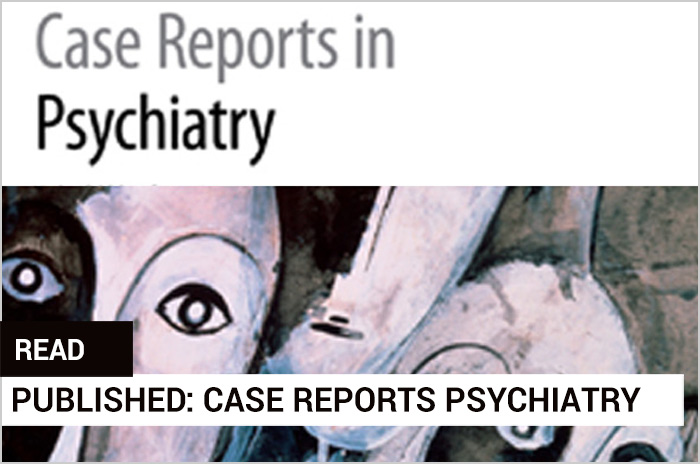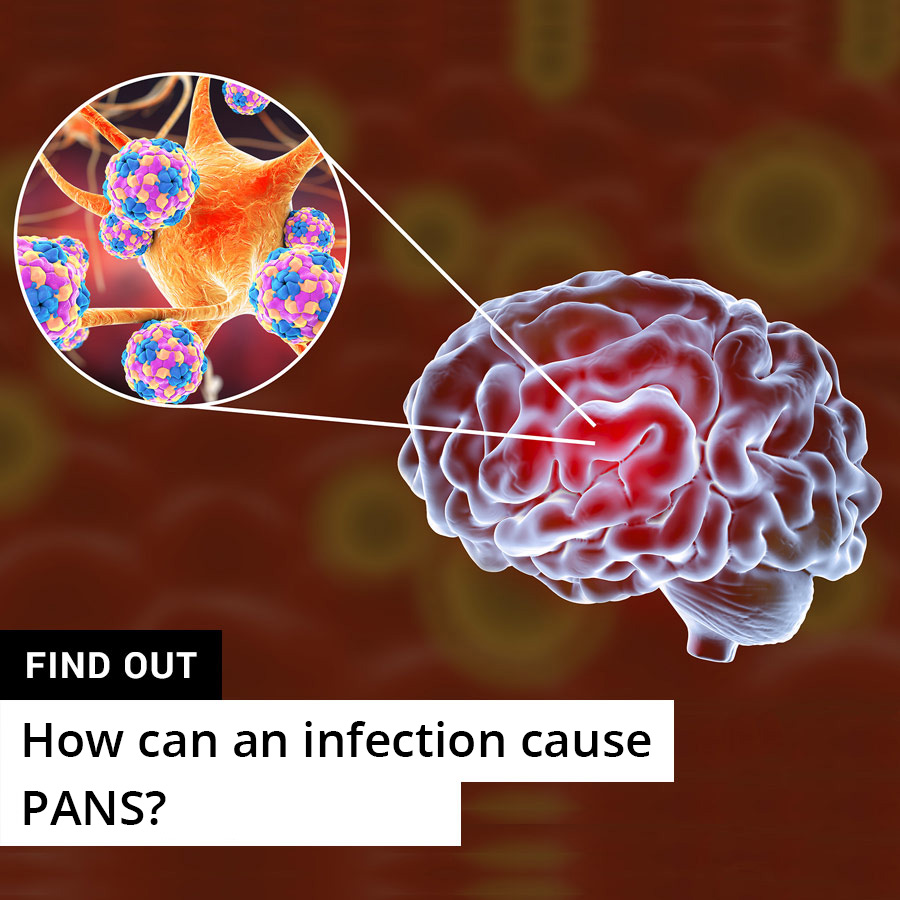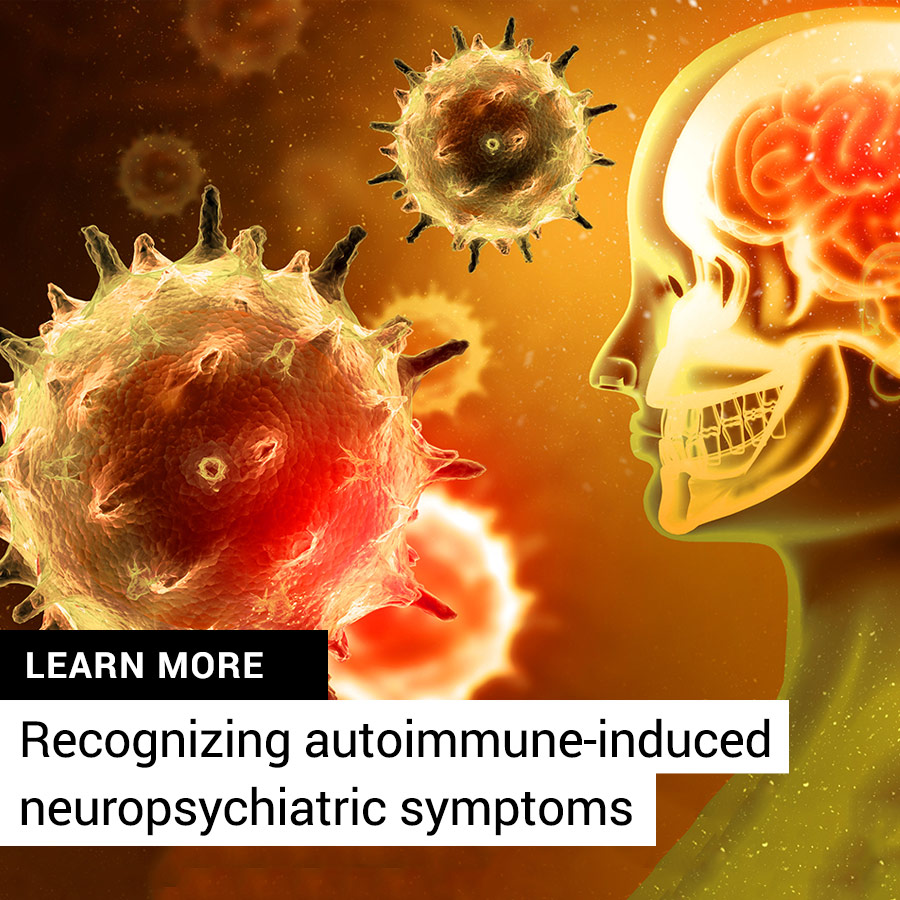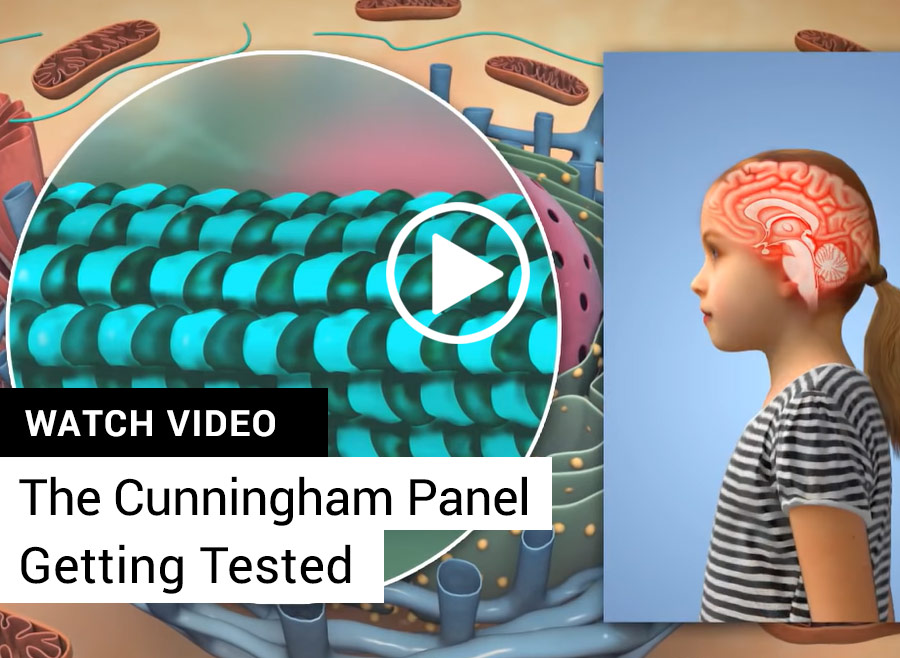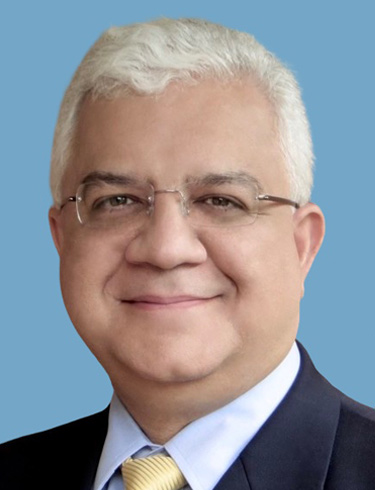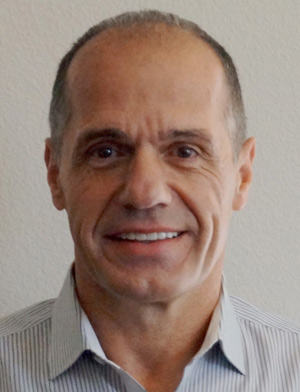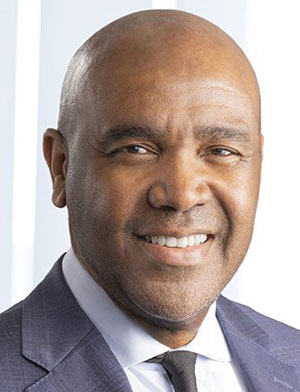Autoantibody biomarkers for basal ganglia encephalitis in Sydenham chorea and pediatric autoimmune neuropsychiatric disorder associated with streptococcal infections
Published: Frontiers in Psychiatry
Dr. Madeleine Cunningham, co-author, reviews the utilization of antineuronal antibodies (measured with the Cunningham Panel™) as biomarkers for infection-triggered, autoimmune, basal ganglia encephalitis and the significance of the CaMKinase II.
The last paper that was published, which is just a few days ago, explains these antineuronal antibodies or biomarkers in basal ganglia encephalitis and it's taken 20 years of work for us to get to the point that we felt comfortable saying that Sydenham’s chorea and PANDAS were a type of basal ganglia encephalitis.
This group of four autoantibodies and their functional signaling assay [CaMKinase II] (which comprise the Cunningham Panel) actually detect basal ganglia encephalitis in children.
These antibodies go directly to the basal ganglia in animal models where we actually express the genes for these antibodies from humans in mice. They go straight to the basal ganglia and attack neurons. Neurons bind the antibodies and become full of the antibodies. So, the neurons are not able to function in these diseases.
One of the important findings from our study was that as we began to look at the data, and we began to realize that all of our normal controls had no CaMKinase activation in their assays. When you place the normal sera on the human neuronal cells, there is no activation above baseline or above basal levels in the normals. But in the disease, you can see very readily that the CaMKinase is activated.
Everyone may be wondering, “What's the importance of the CaMKinase?” This long named molecule - the calcium calmodulin-dependent protein kinase 2.
It’s just a mouthful but this molecule is really important because it actually leads to tyrosine hydroxylase, which is the hallmark of all dopaminergic neurons and that enzyme leads to the production of dopamine and the release of dopamine eventually occurs.
Learn More About PANS & Pandas and The Cunningham Panel™

PANS: Diagnosis and Treatment

Pandas & PANS Patient Stories







